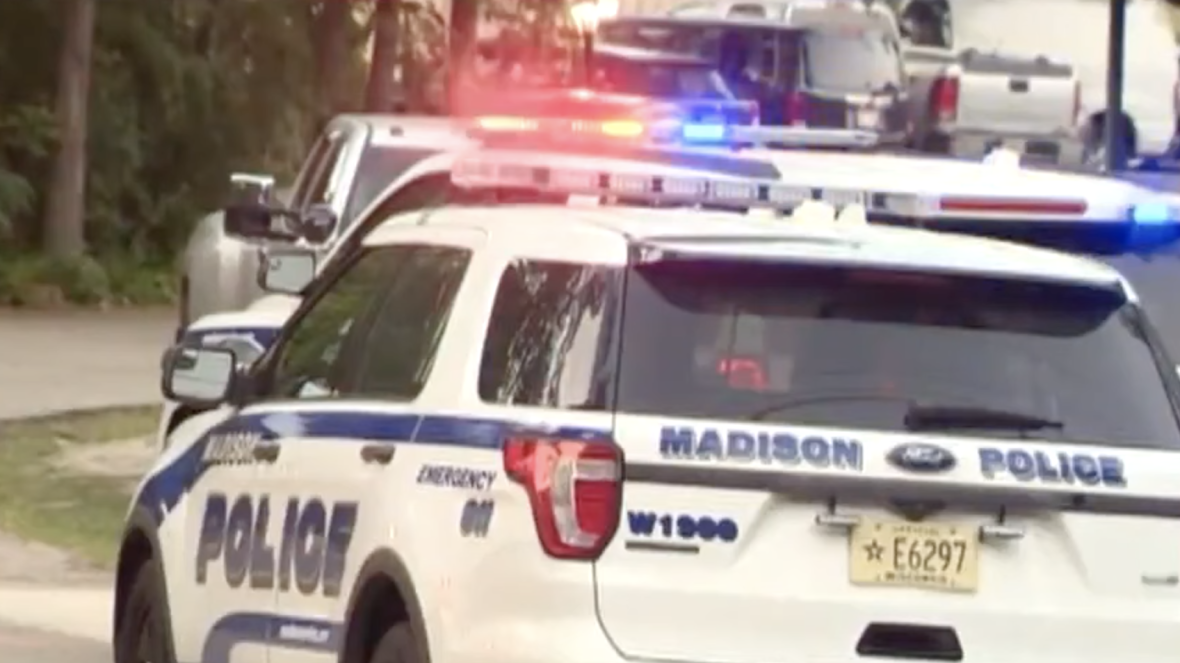To combat racism, city ends credit checks for prospective cops
Police Capt. Tim Patton of Madison, Wisconsin, said credit checks could unintentionally create roadblocks for applicants, particularly women and people of color.
The city of Madison, Wisconsin, will no longer conduct credit checks on prospective police officers, a decision that follows a conference hosted by The 30×30 Initiative, a nationwide program that aims to boost the proportion of women in law enforcement to 30 percent by 2030.
Madison Police Captain Tim Patton stated in a memo to the Madison Police and Fire Commission dated Dec. 7 that the credit checks — which cost the city about $700 in 2022 — could unintentionally create a roadblock for applicants, particularly women and people of color, Wisconsin State Journal reported.
“Per our research, multicultural populations have disproportionately lower credit scores due to discriminatory practices that are rooted in systems of institutionalized racism,” Patton asserted, according to the Journal.

He also noted that businesses frequently use credit reports to gauge how applicants handle responsibilities and the degree to which they may be in financial trouble.
Patton claimed the reports tended to indicate potential officers’ histories of unpaid child support that guided the course of their background inquiries “in the limited cases” where they deserved attention.
“In our analysis, given the lack of actionable information, the cost of running the reports, and the possibility that we may miss the opportunity to meet a great candidate, we chose to request the change to the PFC’s process,” Patton said, the Journal reported.
Based on the Madison Police Department’s most recent annual report, which covers 2021, the agency has a commissioned workforce of around 29 percent female. According to 30×30, only 12 percent of authorized law enforcement officers nationwide are women.
Madison’s police community is also reportedly more diverse than their counterparts in other cities, primarily representing the neighborhoods they serve. For instance, 9 percent of its commissioned officers are Black, compared to 7.4 percent of the city’s population. Madison has a Black chief leading its police force, and there are four Black men and five Black women among the 18 leaders of the city’s six police districts.
Approximately 7 percent of MPD officers and 8.7 percent of Madison’s population are Hispanic.
Asians account for around 9.5 percent of the city’s population but just about 3 percent of the police force, appearing to be the least represented demographic among Madison authorities. Its police department does not believe systemic bias toward Asians is to blame for their disproportionately low representation on the force, according to Patton.
He noted that eliminating the credit check is not an effort to bring the percentage of Black officers hired closer to the percentage of Black people arrested.
“While some might argue that people need to just ‘work hard’ and be responsible, many people of color struggle in part due to disproportionate incomes and opportunities,” said Patton, the Journal reported. “The impact of credit checks, therefore, potentially present a disparate negative impact on multicultural candidates.”
TheGrio is FREE on your TV via Apple TV, Amazon Fire, Roku and Android TV. Also, please download theGrio mobile apps today!


